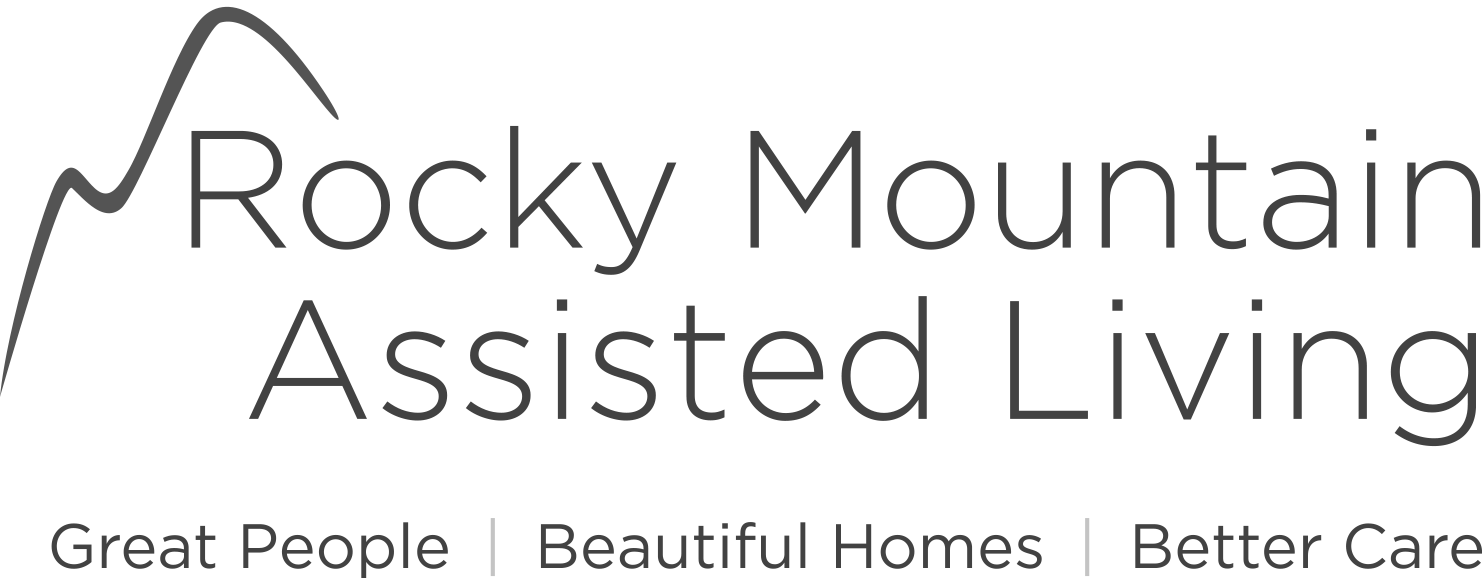There are a wide variety of different options for elder care, making it difficult to determine the right option for yourself or a loved one. Assisted living can be helpful for individuals who do not need round-the-clock assistance but still need help with more routine tasks. To learn more about elder care options that might work for you, contact a Denver assisted living facility.
What Is Assisted Living?
Assisted living facilities assist people with daily life tasks like dressing, bathing, managing their medications, cooking meals, and doing their laundry. Different assisted living facilities offer different types of services for their residents. Each resident is offered different services based on their unique needs.
An assisted living facility also provides loved ones peace of mind that their residents are in a safe and sanitary facility that is tailored to seniors’ needs. In addition, most facilities offer other programs that stimulate their residents mentally and physically, including exercise, entertainment, classes, and occasional outings.
Before a person moves into an assisted living facility, they are given a preliminary assessment to determine whether they are eligible to stay in an assisted living facility and whether their desired facility can provide them with the services they need. If this assessment is successful, a plan is drafted to outline what services the individual will receive. This plan takes into account mental and physical limitations as well as unique items like dietary requirements.
The resident is reassessed every so often to document any changes necessary to their stay. The staff also take into account whether the resident is receiving any services from any outside facilities. In certain instances, some residents might be able to receive transportation services to medical appointments off-site.
Assisted Living Exemptions
Every assisted living facility has different capabilities and limitations, so one facility might be more appropriate for a resident than another. However, there are some conditions that cannot be managed by most assisted living facilities, including:
- Total Incontinence: Many assisted living facilities can assist in managing periodic incontinence, but individuals who experience this consistently are usually not able to be effectively assisted by staff.
- Being Bedridden: Most assisted living facilities offer support for residents with mobility issues, but residents are not usually completely bedridden. In addition, many assisted living facilities offer services that would not benefit a person who is completely bedridden, including physical therapy and other engaging activities.
- Severe Medical Issues: Many assisted living facilities have medical staff available 24 hours a day, but residents entirely dependent on this care might be recommended to choose a nursing home instead, depending on their specific medical situation.
- Restraints: Restraints are a controversial element of care that some nursing homes use for patients with certain medical conditions. If an individual needs restraints, this usually means that they are not in complete control of their body, which could make them ineligible for assisted living.
- Diseases: While many assisted living residents have illnesses, diseases that spread quickly and infect others might make an individual less likely to qualify for assisted living. This greatly depends on each person’s unique situation.
- Substance Abuse: Some assisted living facilities might work with outside facilities and counselors for residents with substance abuse problems, but this is not something available everywhere. Living in an assisted living facility will limit the exposure one has to substances, but many facilities do not directly support treatment for substance abuse issues.
While these conditions usually exempt an individual from living in an assisted living facility, every facility is different in what they can offer their residents. If you have questions about yourself or a loved one’s eligibility for an assisted living facility, contact the staff at Rocky Mountain Assisted Living today.
FAQs
Q: How Do I Qualify for Assisted Living in Colorado?
A: Specific qualifications for assisted living in Colorado depend on the specific facility. Most facilities will conduct a pre-admission assessment to evaluate whether or not an individual’s needs can be met by that specific facility. Individuals who are bedridden, incontinent, or need some form of constant medical attention likely do not qualify for an assisted living facility and are better served in a nursing home.
Q: Will Medicare Pay for Assisted Living in Colorado?
A: In Colorado, assisted living is considered a residential facility instead of a medical facility. This means that Medicare will not cover most costs associated with assisted living and will only cover things like prescriptions and doctor visits. Medicaid covers certain parts of assisted living expenses, and Social Security income can be used for any costs of assisted living. There are additional forms of funding available through waivers and additional benefits.
Q: How Much Is Assisted Living per Month in Colorado?
A: On average, assisted living for Colorado residents is $4,630 per month. This figure greatly differs depending on what city you live in. For example, Denver is on the low end at $3,620 per month, while Boulder is on the higher end, with costs averaging around $5,349 per month. These prices are also greatly impacted by inflation and increased by 5.4% in 2023 alone. Assisted living can be a less expensive option than other forms of senior care.
Q: How Long Do Most People Live in Assisted Living?
A: According to the National Center for Assisted Living, most residents live in an assisted living facility for about 22 months. After this, around 60% of residents move into a nursing home. These factors vary by state, but the majority of assisted living residents are women who are 85 or older. Assisted living residents usually only need assistance with certain things, like grooming and dressing, as opposed to nursing home residents, who need greater amounts of care.
Rocky Mountain Assisted Living: Assistance for a New Stage of Life
Transitioning into an assisted living facility can be a large change for a loved one and their family. This is why it is so important to fully understand your options regarding assisted living and elder care. The staff at Rocky Mountain Assisted Living are dedicated to providing a high quality of care for their residents and are happy to work with you to find an assisted living solution for you and your family. Contact us for more information or a tour of our facility.


